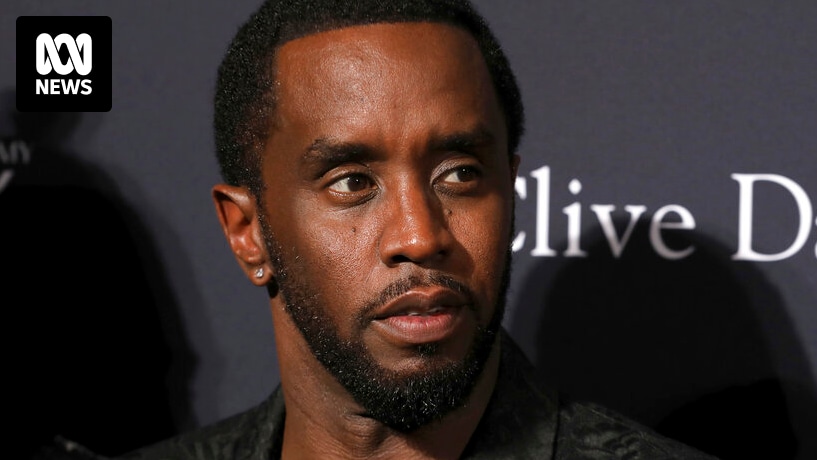
Sean ‘Diddy’ Combs, the iconic music mogul, has been found guilty of two charges in a high-profile trial, but his legal battles are far from over. The trial concluded with Combs being convicted of two counts of transportation to engage in prostitution, the least severe charges he faced. Despite this partial victory, Combs remains entangled in a web of legal issues, including numerous civil lawsuits alleging sexual misconduct.
The verdict, reached last week in a New York court, left Combs visibly relieved, yet the shadow of ongoing legal battles looms large. The jury found him not guilty of the more serious charges, including racketeering conspiracy and sex trafficking by force, fraud, or coercion, which could have led to a life sentence.
Understanding the Guilty Verdict
The charges Combs was convicted of stem from the Mann Act, a century-old law originally aimed at combating “white-slave traffic.” The charges involved transporting individuals across state lines for the purpose of prostitution. Combs’s legal team argued against the charges, citing the law’s controversial history, but the jury ultimately sided with the prosecution on these counts.
Combs’s sentencing is scheduled for October 3, and he remains in custody at the Metropolitan Detention Center in Brooklyn. Legal experts suggest that while each charge carries a maximum sentence of 10 years, Combs’s actual sentence may be significantly less, potentially around five years, as per sentencing guidelines.
Potential Appeals and Civil Lawsuits
Combs’s legal team has indicated the possibility of an appeal, focusing on potential legal errors during the trial. Appeals are typically used to address such errors rather than question the jury’s decision. Meanwhile, the music mogul faces a daunting number of civil lawsuits, with 66 cases currently filed against him, according to New York Magazine.
These civil cases, separate from the criminal charges, include allegations of sexual assault and rape. One notable case involves singer Dawn Richard, who has accused Combs of sexual assault and false imprisonment. Her lawyer, Lisa Bloom, expressed disappointment with the criminal trial’s split verdict but vowed to continue pursuing justice through the civil courts.
High-Profile Civil Cases
- Joi Dickerson: Filed a lawsuit alleging Combs drugged and sexually assaulted her in 1991, leading to severe personal and academic consequences.
- Unnamed Woman: Accused Combs and associates of raping her in a New York recording studio when she was 17, supported by photographic evidence.
- Thalia Graves: Alleged that Combs and an associate raped her at Bad Boy Recording Studios, with the assault recorded and sold as pornography.
Combs has denied all allegations, stating, “I did not do any of the awful things being alleged. I will fight for my name, my family, and for the truth.”
The Legal Landscape Ahead
While Combs’s criminal trial has concluded, the legal challenges he faces are far from over. The upcoming sentencing hearing and potential appeals will shape his immediate future, while the civil lawsuits could have lasting impacts on his reputation and finances.
Combs’s case highlights the complex interplay between criminal and civil law, especially in high-profile cases involving public figures. The outcome of these legal proceedings could influence how similar cases are handled in the future, particularly concerning the use of historical laws like the Mann Act.
As the legal saga continues, the entertainment industry and the public will be watching closely, awaiting the next developments in this multifaceted case.





